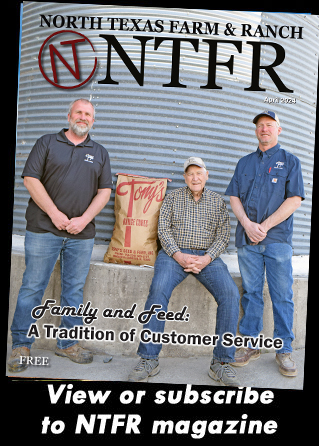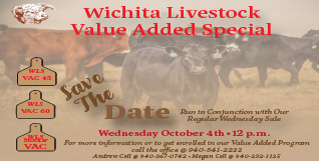Farm & Ranch
Trich Testing is NO Bull
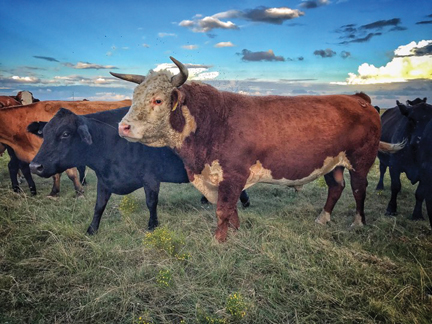
By Jessica Crabtree & Dr. Jered Harlan
What is trichomoniasis-
Better known as “trich,” it is a venereal disease of cattle that causes reduced calf crops, decreased weaning weights due to open cows and a prolonged breeding season. Trich is caused by Tritrichomonas foetus which is a microscopic flagellated protozoan parasite that is confined to the reproductive tract in an infected animal, in this case bulls. It can be transmitted from the infected bulls to heifers or cows at the time of breeding. Trich ultimately results in cows losing pregnancies, causing a disrupted breeding season and low yield in calf crop. Bulls with trich carry the protozoa in their preputial sheath and penis. The cow, in contrast, harbors the organism in the vagina and uterus.
What does trich look like? What symptoms can I look for?
Bulls affected by trich show no outward clinical signs of having any issues. Even more aggravating, the parasite does not affect a bull’s semen quality nor sexual behavior when breeding. Bulls will breed cows as normal, transmitting the infection during breeding. Therefore, the only way to prevent entry of trich into a herd is to test each bull prior to using.
How will my cows be affected?
Trich presents itself in two different forms. The first is cows affected may become pregnant, undergo embryonic death and cycle regularly without showing any signs. It is only realized at pregnancy diagnosis when higher numbers of open cows are presented. The second way a cow can be affected is she cycles regularly and builds up immunity after three days.
To read more pick up a copy of the January 2018 NTFR issue. To subscribe call 940-872-5922.
Farm & Ranch
Hazards of Backyard Poultry
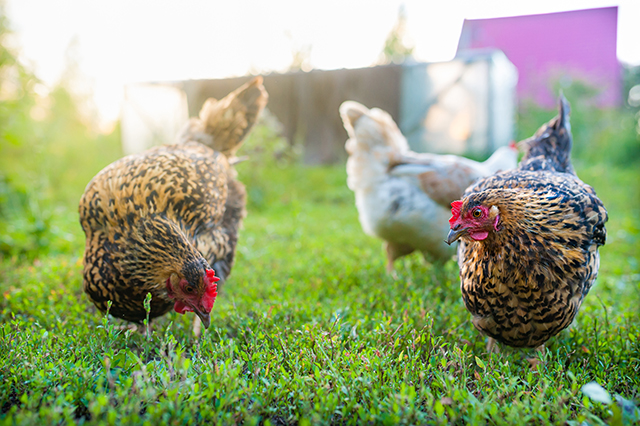
By Barry Whitworth, DVM
Having backyard poultry is a popular agriculture enterprise. According to the United States Department of Agriculture, 0.8 percent of all households in the United States have chickens. People keep chickens for a variety of reasons with table eggs being one of the more common reasons.
Unfortunately, some of these poultry producers are not aware of the hazards that come with keeping poultry because many times they carry pathogens but appear healthy.
Chickens are carriers of several zoonotic diseases. These are diseases that can be passed from animals to humans. According to a recent survey in Pennsylvania, a majority of backyard poultry producers were aware of the dangers of avian influenza. However, this study also revealed that far fewer producers were aware of the risk of possible exposure to Salmonella and Campylobacter.
The lack of knowledge about the hazards of raising poultry likely contributes to the continued issues of Salmonella outbreaks associated with backyard poultry. In 2023, the Centers for Disease Control and Prevention reported 1,072 illnesses of Salmonella linked to backyard poultry, and 272 of those patients required hospitalization. Oklahoma reported 43 individuals with the disease.
To read more, pick up a copy of the April issue of NTFR magazine. To subscribe by mail, call 940-872-5922.
Farm & Ranch
Ag Elsewhere: Wyoming
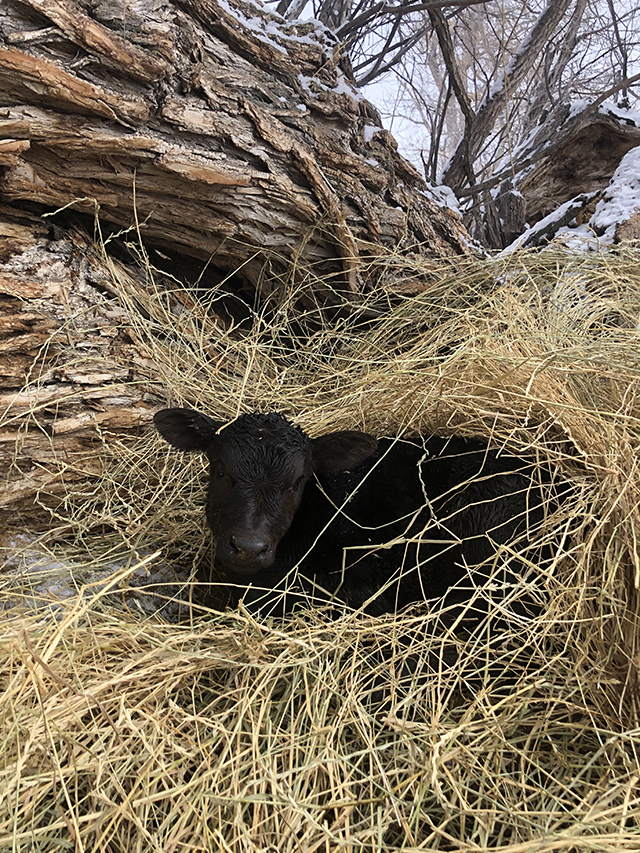
By Tressa Lawrence
Babies are tucked away in every nook and cranny. Many ranchers across Wyoming have baby animals popping up all over this time of year.
Farm & Ranch
Ag Elsewhere: Montana
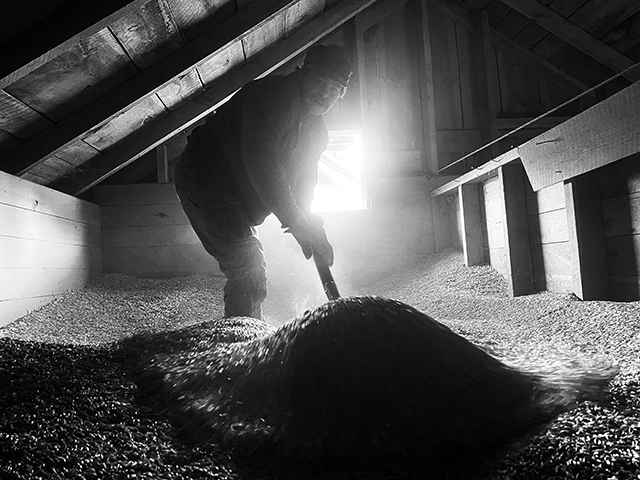
By Lindsey Monk
Another load of grain in to keep feeding the calves until the green grass can really start popping.
-

 Country Lifestyles1 year ago
Country Lifestyles1 year agoScott & Stacey Schumacher: A Growth Mindset
-

 Equine7 months ago
Equine7 months agoThe Will to Win
-

 Country Lifestyles7 years ago
Country Lifestyles7 years agoStyle Your Profile – What your style cowboy hat says about you and new trends in 2017
-

 Country Lifestyles4 years ago
Country Lifestyles4 years agoAmber Crawford, Breakaway Roper
-

 HOME7 years ago
HOME7 years agoGrazing North Texas – Wilman Lovegrass
-

 Country Lifestyles7 years ago
Country Lifestyles7 years agoDecember 2016 Profile, Rusty Riddle – The Riddle Way
-

 Country Lifestyles8 years ago
Country Lifestyles8 years agoJune 2016 Profile – The man behind the mic: Bob Tallman
-

 Outdoor9 years ago
Outdoor9 years agoButtercup or Primrose?

